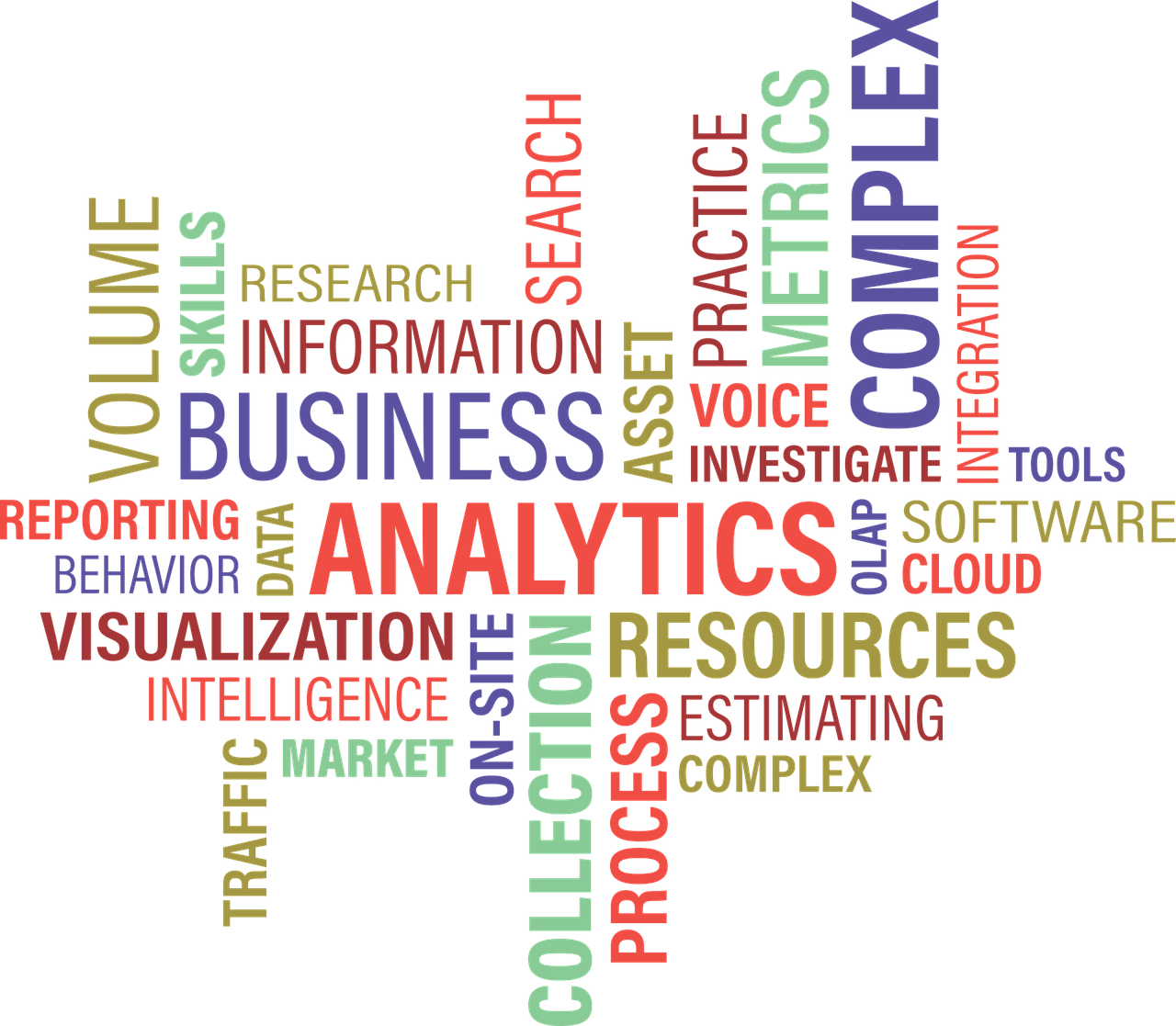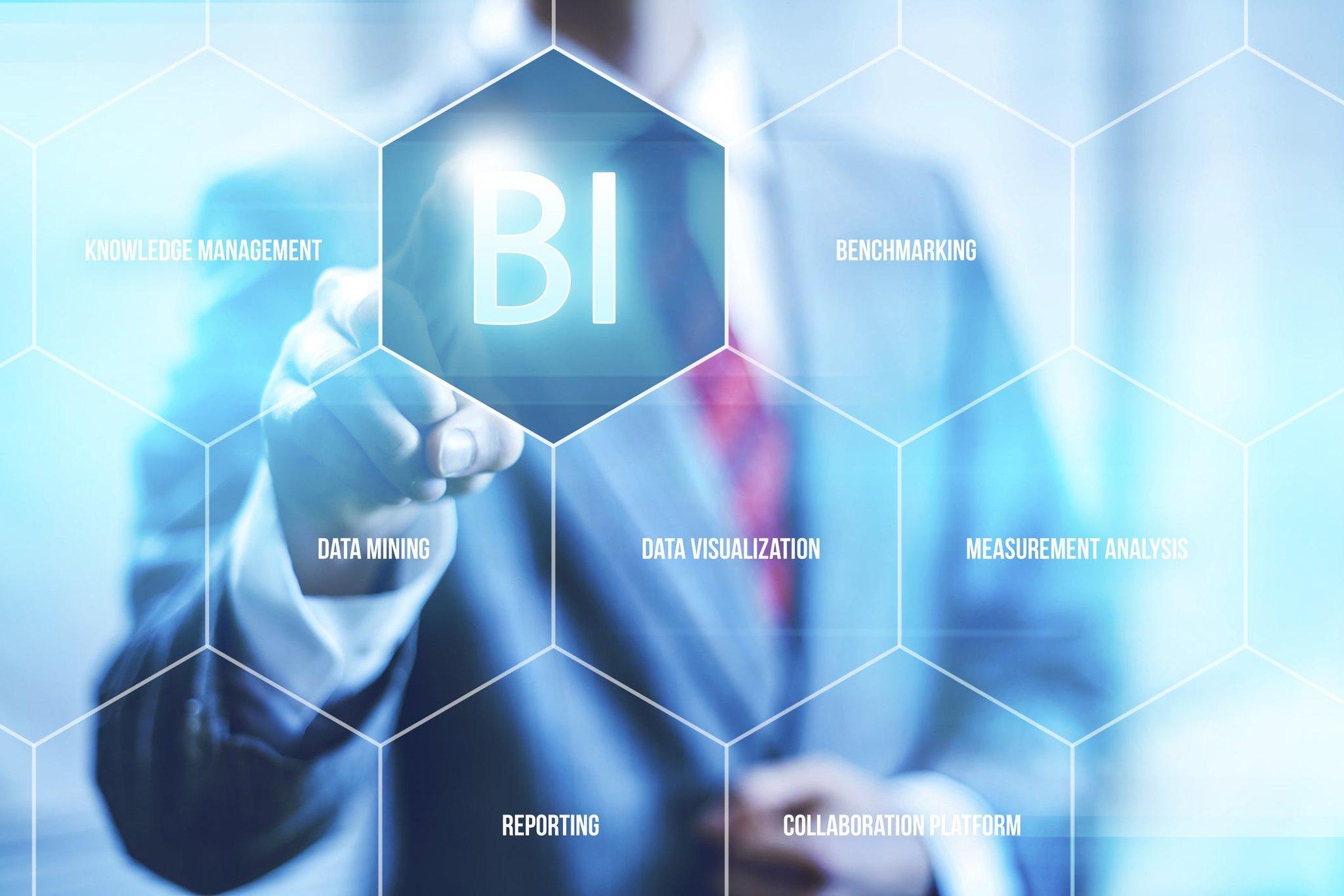Professionals frequently conflate business intelligence and business analytics.
There are some mistakes in the definitions of the two. Many experts argue whether business intelligence is a subset of business analytics or vice versa.
Leaders may choose the best resources and personnel to advance their companies by being aware of the distinctions between BI and BA.
Students can also use this information to determine which academic program will best prepare them for a rewarding future in their profession.
What Is Business Analytics?
Business Analytics (BA) is the rules as well as technology in a collection that helps to solve business problems through data analysis, statistical modeling and quantification of numbers.
BA is a data processing system model that can help improve business decisions. However, it focuses on statistics and analysis.
Specifically, professionals will use quantitative data tools to predict the future and design strategies for future development goals. For instance, BA can tell company executives what their future customers will be doing.
BA is a word some professionals use to refer to a collection of prediction technologies used in BI.
Simultaneously, data analysis in BA is not a simple analysis but rather data mining techniques used for categorization or prediction.
Many of these tools require businesses to hire data scientists, increasing the need for BA training.

What Is Business Intelligence?
Business intelligence (BI) can leverage software to transform data into insights for business decisions as well as organizational strategies and tactics.
Using this approach, they may efficiently exploit data sources, produce new knowledge, and assist managers in making better operational decisions.
Several tools used to generate detailed information from data include data management, predictive simulation, data mining, data directivity, and optimization.
In other words, as the general number of data has expanded, BI indicates a narrower emphasis and has functionally become more prevalent and vital for enterprises internationally.
BI generally assists executives in navigating organizational and sector-specific problems while ensuring that organizations focus on their main objectives to reach their goals effectively.

Key Differences
Some key distinctions exist in how to define BA and BI. Company executives must consider these distinctions when determining how much to spend acquiring analytics technologies for their company.
Salary
Business analytics and business intelligence analysts are among the most sought-after occupations in the data field.
According to our reports, BA analysts in the United States make an average salary of $98,326 per year. BI analyst earns an average yearly salary of $108,934.
Job opportunities
Nowadays, BI plays a significant and expanding role in corporate administration. This is one of the professions with the fastest job growth.
To help meet the demand for competent individuals, many education institutions offer graduate degrees in this field.
Similarly, BA is also witnessing a talent shortage in this field as organizations compete for talented scientists, engineers, and chief analytics officers.
Trends

Although their definitions can make many people confused, BA is a more popular word than BI. Google searches for BA have outpaced searches for business information, indicating that BA is becoming a buzzword.
This rise in analytics-related mentions is likely a result of advancements in the data science and analytics sectors.
Type of organization
The utilization of BA or BI solutions may also depend on the size of a firm.
Small firms that wish to use data to enhance operations or make plans but lack workers with a foundation in data science may find BI products helpful.
Whether large or small, companies seek resources to support ongoing operations and tentative planning.
BA can be very useful in predicting commercial trends for companies that are either new or have recently undergone significant changes.
Meanwhile, BI solutions might be a better fit for established businesses that wish to understand internal operations or employee performance. Most firms, though, will prefer some combination of two fields.
Focus
The emphasis on when events happen is the primary distinction between them.
BI, according to some experts, entails evaluating historical data to predict how a company will perform in the present.
On the other hand, BA uses past data to make predictions about what might occur in the near future or how a company might proceed. The only difference between the two approaches is how long it takes to apply the results.
The present emphasis on using BI might be more beneficial for managers who are happy with the company but want to find the “hits” in the workflow, boost productivity, streamline the process, or achieve a certain objective.
However, BA can provide more meaningful information for those attempting to change a company’s strategy or critical internal procedures.
Companies with a dual focus on the present and the future constantly seek to make the most of their current tactics.

Which Career Is For You?
Depending on your strengths and passions, you can choose the right career. Different people will have different choices, BA or BI.
There is inevitably some overlap between their definitions, whether specific jobs are referred to as using BI, BA, or both.
Analysts, project managers, directors, consultants, and many other professionals frequently use BI and BA to enhance workflow, achieve organizational objectives, and save operational expenses.
While soft skills are necessary for all of these roles, mastery of the technologies used by scientists will be a prerequisite.
The Bottom Line
Business intelligence and business analytics enable companies to evaluate data and make more informed decisions. If you want to pursue these two majors, your objectives and skill level will determine which one is best for you.
This article helped you specifically distinguish between business intelligence and analytics yet? Do you have any questions for us?
Don’t forget to share your orientation. Thanks for reading this post!
